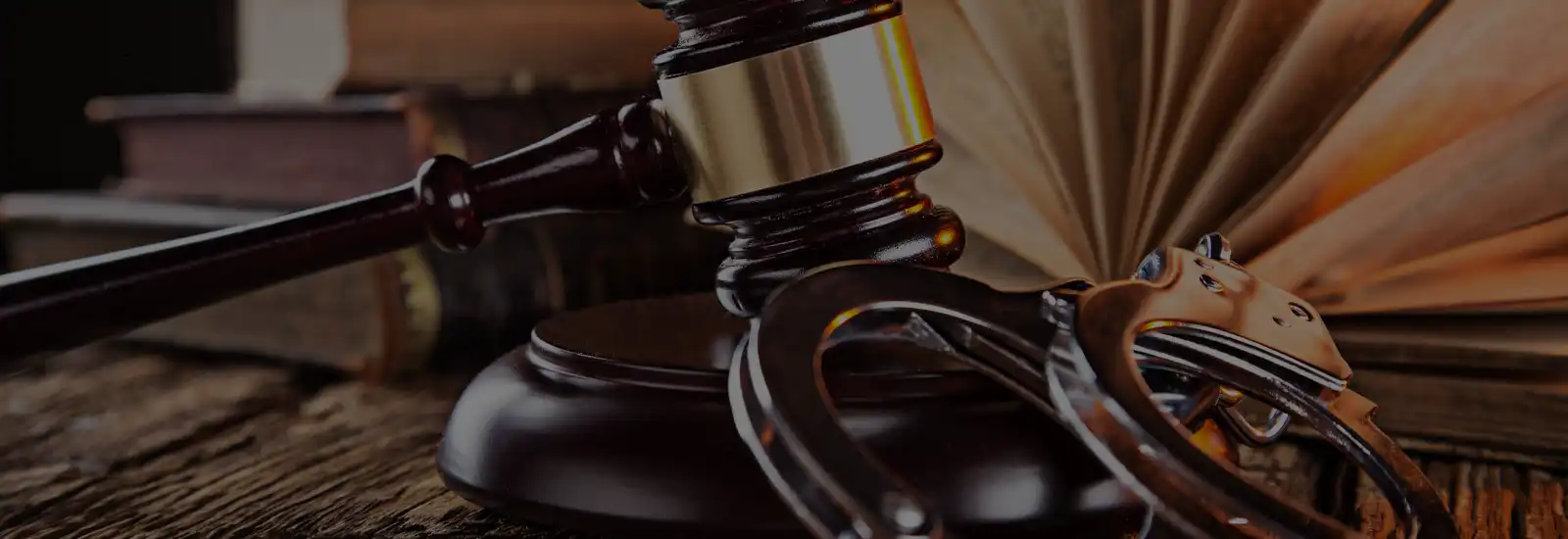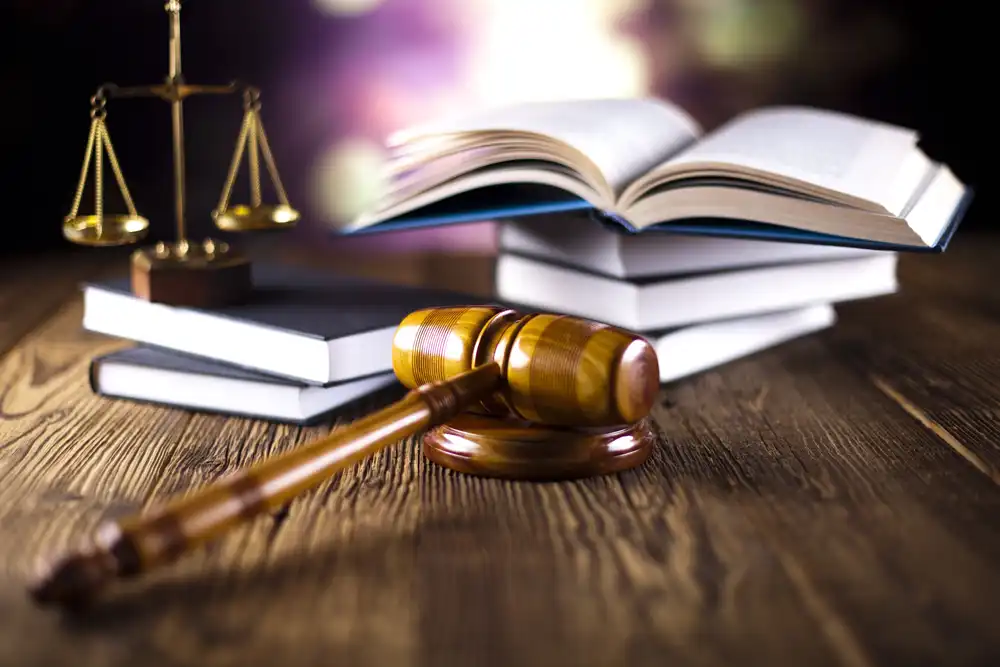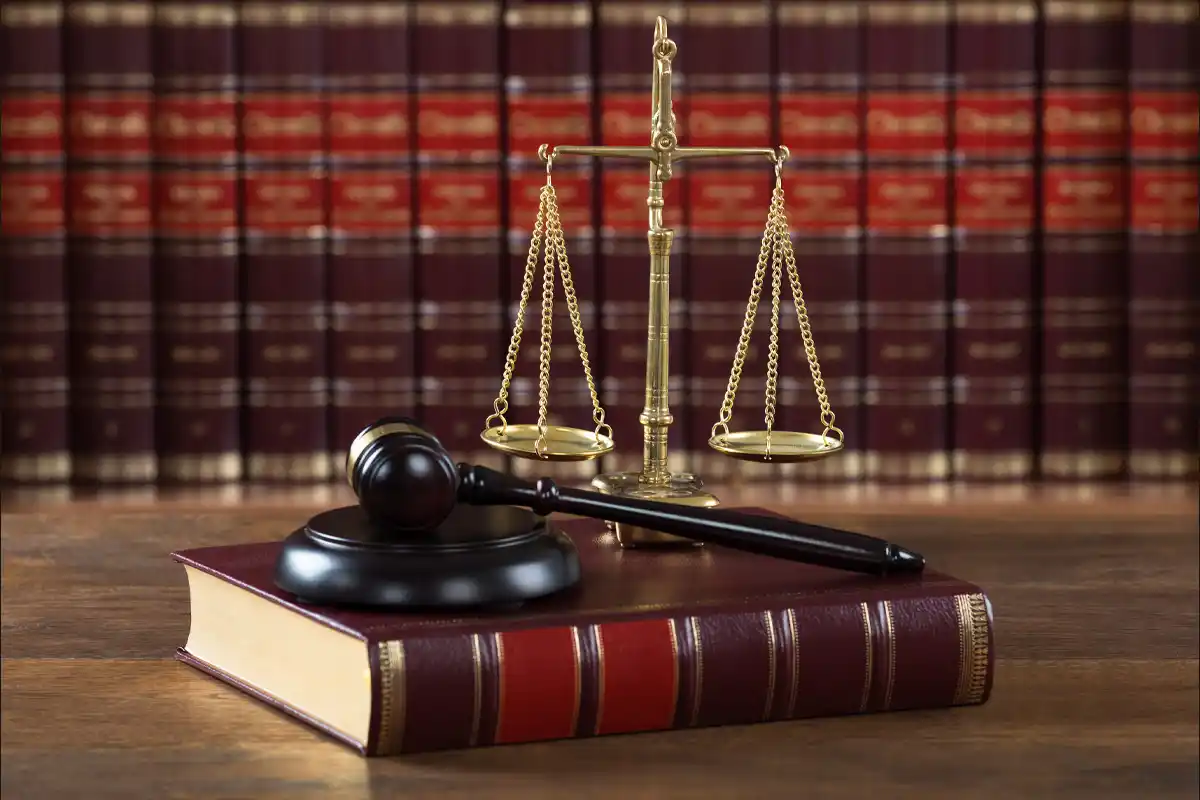
Criminal Record Sealing and Expungement Lawyer | Orlando & Central Florida
Criminal Defense Attorney, Mary. M. Ibrahim proudly provides Criminal Record Sealing and Expungement legal services throughout Central Florida, including, Orange County, Osceola County, and Seminole County and surrounding areas.

Call 407.255.6300 today to schedule a confidential consultation with criminal record sealing and expungement attorney, Mary M. Ibrahim.
A criminal record can be a significant barrier to employment, housing, education, and other opportunities. If you have a criminal record in Florida, you may be eligible to seal or expunge your record, giving you a fresh start. The Law Offices of Mary M. Ibrahim, P.A., serving Orlando, Orange County, and Central Florida, can help you navigate this complex process.
What is Criminal Record Sealing and Expungement?
- Sealing: A sealed criminal record is not accessible to the public, including most employers. However, it remains visible to certain government agencies, such as law enforcement.
- Expungement: An expunged criminal record is legally deemed as if it never existed. The record is completely erased from public view and, in most cases, even from law enforcement databases.
Who is Eligible for Sealing or Expungement in Florida?
Eligibility for sealing or expungement is determined by Florida Statute 943.0585 and depends on several factors, including:
- Type of Offense: Certain offenses, such as violent crimes, sex crimes, and drug trafficking, are generally not eligible for sealing or expungement.
- No Prior Convictions: You must not have any prior criminal convictions (with limited exceptions).
- Waiting Period: There is a waiting period after completion of your sentence (including probation) before you can apply. The length of the waiting period varies depending on the offense.
- Successful Completion of Sentence: You must have successfully completed all terms of your sentence, including probation, fines, and restitution.
- No Pending Charges: You cannot have any pending criminal charges.
The Process of Sealing or Expunging a Criminal Record
The process of sealing or expunging a criminal record in Florida is complex and requires careful attention to detail. It involves:
- Obtaining a Certificate of Eligibility: You must first apply for and receive a Certificate of Eligibility from the Florida Department of Law Enforcement (FDLE).
- Filing a Petition with the Court: Once you have the Certificate of Eligibility, you must file a petition with the court where you were convicted.
- Court Hearing: The court will hold a hearing to determine whether to grant your petition.
- Order of Sealing or Expungement: If the court grants your petition, it will issue an order sealing or expunging your record.
The Importance of Legal Representation in Criminal Record Sealing and Expungement Cases
The process of sealing or expunging a criminal record can be complicated and confusing. Even a minor mistake can result in your petition being denied. It's highly recommended to seek the assistance of an experienced attorney.
Attorney Mary M. Ibrahim can help you:
- Determine your eligibility for sealing or expungement.
- Gather the necessary documentation.
- Complete and file the required paperwork.
- Represent you at the court hearing.
- Ensure that your record is properly sealed or expunged.
A clean criminal record can open doors to new opportunities and a brighter future. Don't let your past hold you back. Contact The Law Offices of Mary M. Ibrahim, P.A., today for a confidential consultation to discuss your options for sealing or expunging your criminal record.
Call 407.255.6300 today to schedule a confidential consultation with criminal record sealing and expungement Lawyer lawyer, Mary M. Ibrahim.
About Felony Crimes

In Florida, a felony is a serious criminal offense punishable by more than one year in state prison, up to life imprisonment, or even death. Felonies are categorized into degrees, with varying levels of severity and corresponding penalties. The most serious are capital felonies, punishable by death or life imprisonment, followed by life felonies, which carry a life sentence.
In Florida, a felony is a serious criminal offense punishable by more than one year in state prison, up to life imprisonment, or even death. Felonies are categorized into degrees, with varying levels of severity and corresponding penalties. The most serious are capital felonies, punishable by death or life imprisonment, followed by life felonies, which carry a life sentence. Third-degree felonies are the least severe, with a maximum of five years in prison and a $5,000 fine. Second-degree felonies are more serious, punishable by up to 15 years in prison and a $10,000 fine. First-degree felonies carry the most substantial penalties, with up to 30 years in prison and a $10,000 fine, although some first-degree felonies have even harsher penalties.
Beyond imprisonment and fines, a felony conviction in Florida can have lasting consequences, impacting an individual's rights and opportunities. These can include restrictions on voting, firearm ownership, jury service, and certain professions. It's crucial to understand the potential ramifications of felony charges and seek experienced legal counsel. The specific penalties and classifications can be complex, so consulting with a qualified attorney is essential for anyone facing felony accusations.
About Felony Crimes

In Florida, a felony is a serious criminal offense punishable by more than one year in state prison, up to life imprisonment, or even death. Felonies are categorized into degrees, with varying levels of severity and corresponding penalties. The most serious are capital felonies, punishable by death or life imprisonment, followed by life felonies, which carry a life sentence.
In Florida, a felony is a serious criminal offense punishable by more than one year in state prison, up to life imprisonment, or even death. Felonies are categorized into degrees, with varying levels of severity and corresponding penalties. The most serious are capital felonies, punishable by death or life imprisonment, followed by life felonies, which carry a life sentence. Third-degree felonies are the least severe, with a maximum of five years in prison and a $5,000 fine. Second-degree felonies are more serious, punishable by up to 15 years in prison and a $10,000 fine. First-degree felonies carry the most substantial penalties, with up to 30 years in prison and a $10,000 fine, although some first-degree felonies have even harsher penalties.
Beyond imprisonment and fines, a felony conviction in Florida can have lasting consequences, impacting an individual's rights and opportunities. These can include restrictions on voting, firearm ownership, jury service, and certain professions. It's crucial to understand the potential ramifications of felony charges and seek experienced legal counsel. The specific penalties and classifications can be complex, so consulting with a qualified attorney is essential for anyone facing felony accusations.
About Misdemeanor Crimes

In Florida, a misdemeanor is a criminal offense less serious than a felony, generally punishable by fines, probation, and up to one year in a county jail. Misdemeanors are categorized into two degrees: first-degree and second-degree.
A first-degree misdemeanor is the more serious of the two, carrying a maximum penalty of one year in jail and a $1,000 fine. Examples include battery, petit theft (first offense), and driving under the influence (DUI) – first offense. Second-degree misdemeanors are less severe, with a maximum of 60 days in jail and a $500 fine. These can include offenses like simple assault, disorderly conduct, and certain traffic violations.
While misdemeanors don't carry the same severe penalties as felonies, a conviction can still have negative consequences. A criminal record, even for a misdemeanor, can impact employment opportunities, housing, and other aspects of life. It's important to take any misdemeanor charge seriously and understand the potential ramifications. Although the penalties are less severe than felonies, legal representation is still crucial to protect your rights and minimize the impact of a conviction. Consulting with a qualified attorney is recommended if you are facing misdemeanor charges in Florida.
